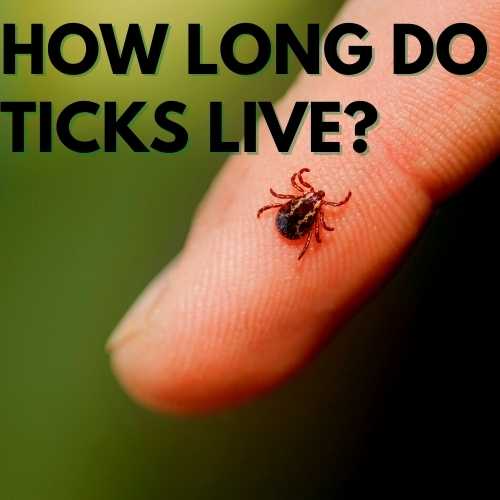Ticks in Western Washington
The ticks in Washington are active in spring and summer. Especially, the ticks are widely prevalent and active in the months of March to Mid-May and from Mid-August to November. This blog will talk about the different types of ticks that are widely prevalent in the Western part of Washington, how to prevent tick bites and how to submit the tick for identification and testing.









